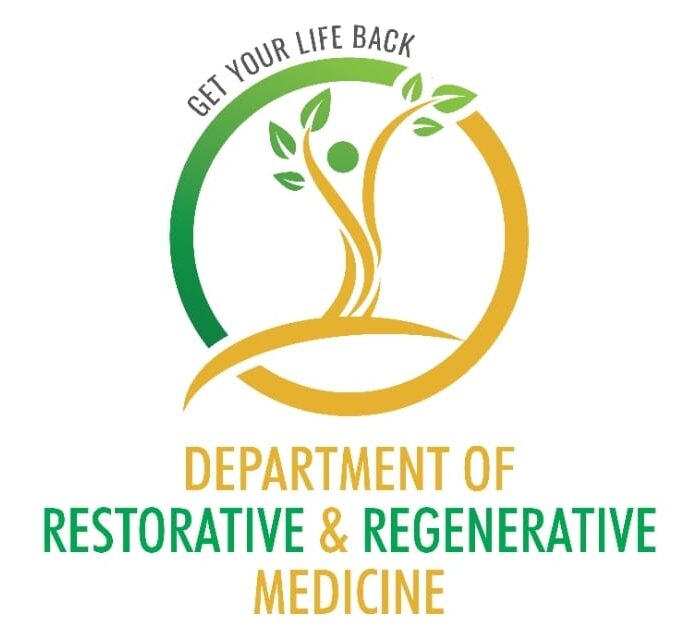Navigating the challenges of overcoming sadness can be tough. At Jaslok Hospital, the leading depression treatment hospital in Mumbai, we’re committed to offering top-notch help for those struggling with their mental well-being.
Our team is dedicated to your mental health. We’ve gathered a group of experienced professionals, including psychiatrists, psychologists, therapists, and counselors. Together, they use the latest techniques to provide effective best depression treatment in Mumbai leaving no stone unturned in helping you recover.
What sets us apart as the best depression treatment center in Mumbai is our personalized approach. We understand that everyone experiences depression differently. That’s why we create treatment plans tailored to your unique needs. During your time at our depression clinic in Mumbai, you’ll find a supportive environment, caring staff, and various wellness programs for your mind, body, and spirit.


